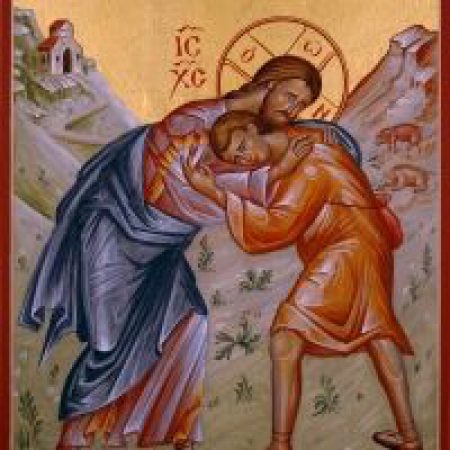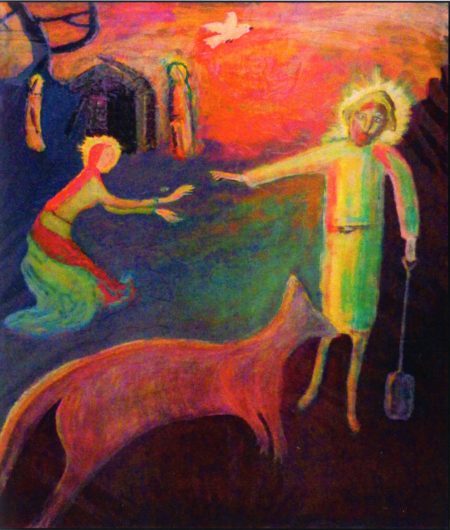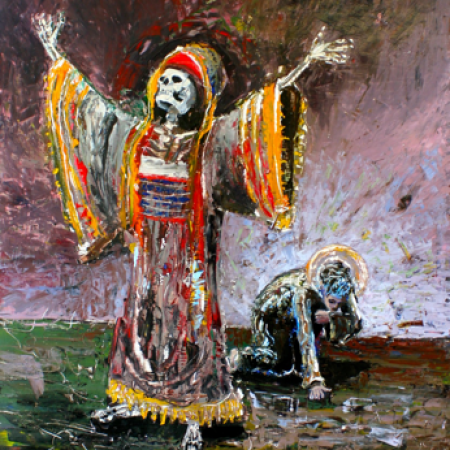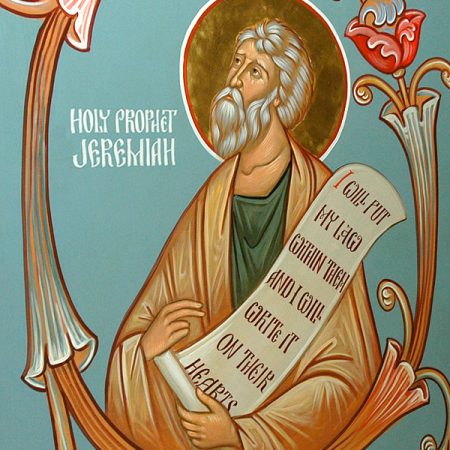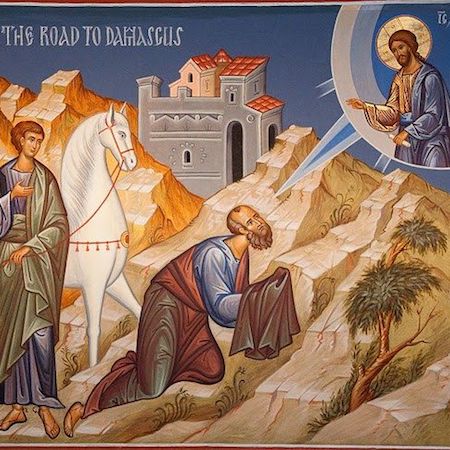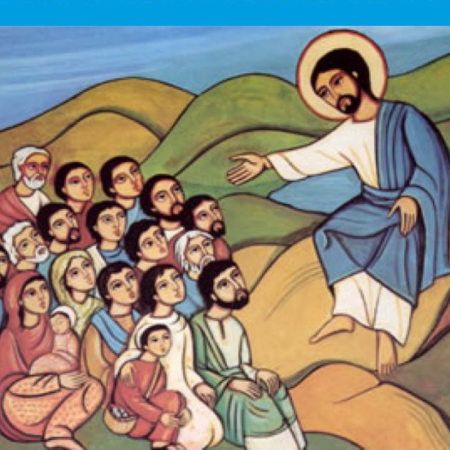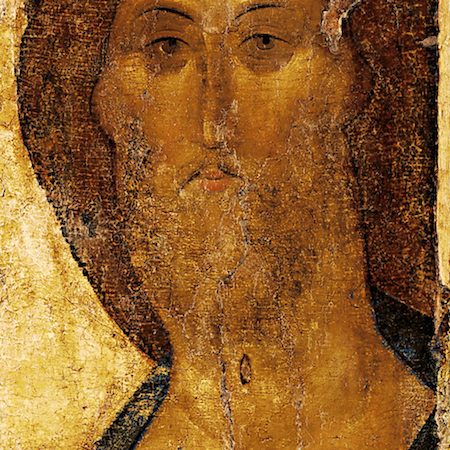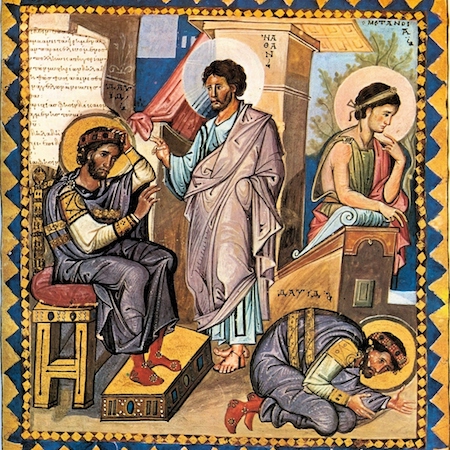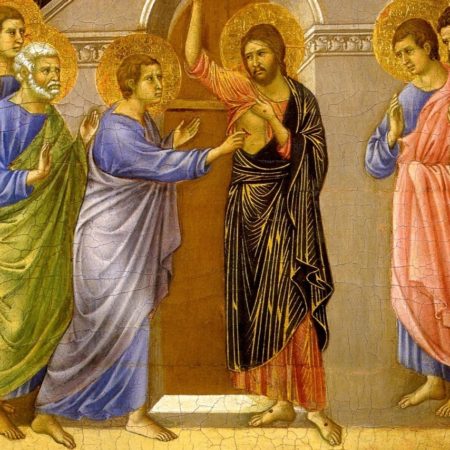The forgiveness we experience in the risen Christ is dauntingly radical and we are called to share it.
Sermons on Forgiveness
God’s offer of unlimited forgiveness creates a new world in which we are free to stop judging one another and turning on one another and spiralling into violence and hatred.
Jesus’s parables always shock us, and few things shock us more than the outrageous graciousness that God shows us and calls for from us.
Our unwitting abusive treatment of the Royal family is a symptom of our entanglement in systemic persecution.
In Christ, God has made an agreement with us, offering us everything and demanding nothing, but if we offer nothing we will be at risk of squandering it all.
All that matters about God, about sin and forgiveness, and about living with integrity and freedom, flows from the human encounter with the crucified and risen Jesus.
We live in amidst a culture of highly toxic, self-righteous, finger-pointing. Jesus calls us to a radical love which will stop the blame game but still speak transforming truth to those who oppress.
We mostly don’t see ourselves as either terrible sinners or as gloriously Christ-like, but in the resurrection we are called to fully imagine both as world-changing truths.
Jesus calls us to face hostility, not as doormats, but by boldly and creatively standing in our freedom and extending unexpected love and generosity.
The forgiveness encountered in Jesus is extravagant and all-inclusive, but those who determinedly reject and demonise the Spirit’s winds of change can cut off their own access to it.
God delights to welcome everyone, and is not interested in who is better or worse, but we imagine God to be an elitist who mirrors our tendency to pick and choose and only accept the best.
Faithfulness to God means sticking to the ways in which Jesus has led us, but we are constantly tempted to idolise his name while avoiding his ways.
Conversion to the way of Jesus is not just a matter of belief, but requires a serious reckoning with our past complicity with attacks on his way.
When we crusade against the evil of others, we end up crusading against Jesus himself, for he asks us to become givers and lovers of life.
If you set yourself against the other, you also cut yourself off from the Father who loves you both. You diminish yourself, cut off the other, and break the Father’s heart.
The call to love our enemies is not a new law to slave at, but a call into a culture of love so wild and free and strong that no one can hate it out of us.
When we want to know what God is like, our primary source of information is Jesus.
Jesus confronts us with our cannibalistic behaviour in order that we might follow him into a saving communion with God and one another.
We are often blind to our own entanglement in evil, but when our eyes are opened, we are called into pathways of repentance and transformation that lead to life and healing.
By lifting us out our enthralment to evil and death, Jesus sets us free from all that corrupts us and opens us to share real life with him.





